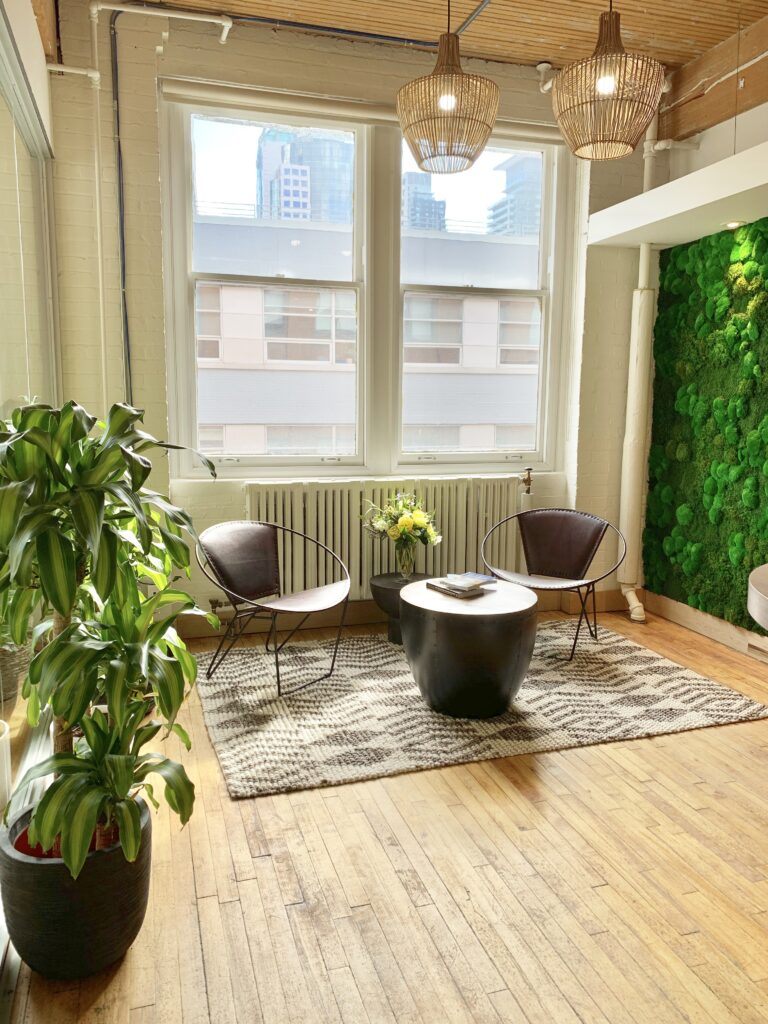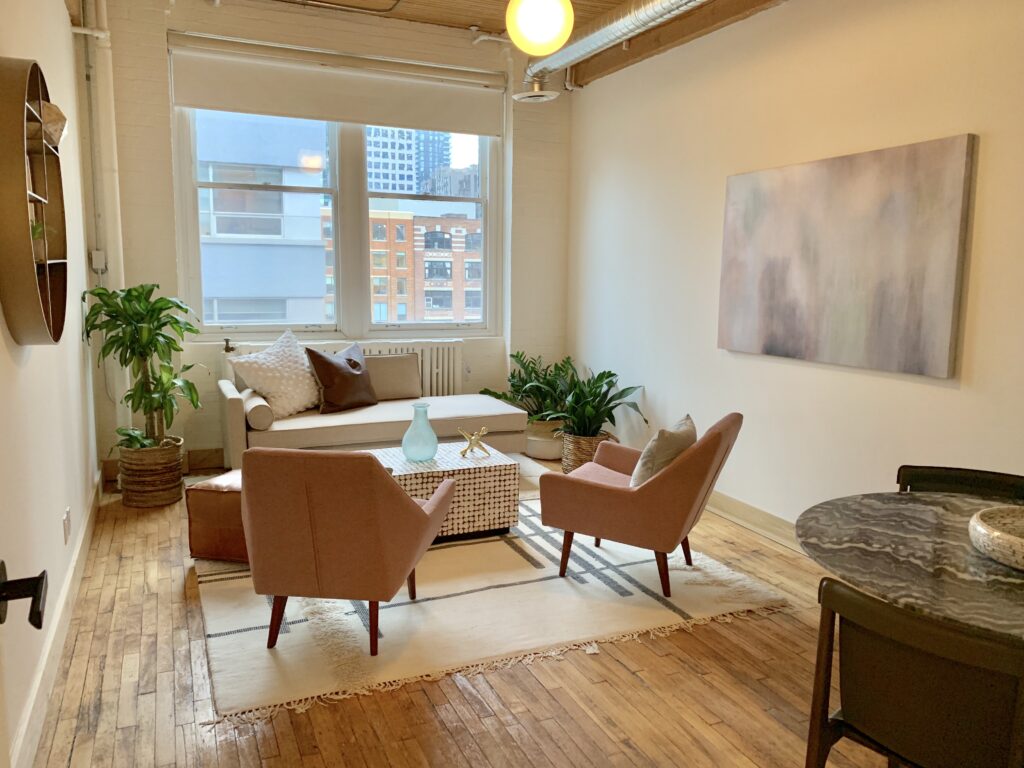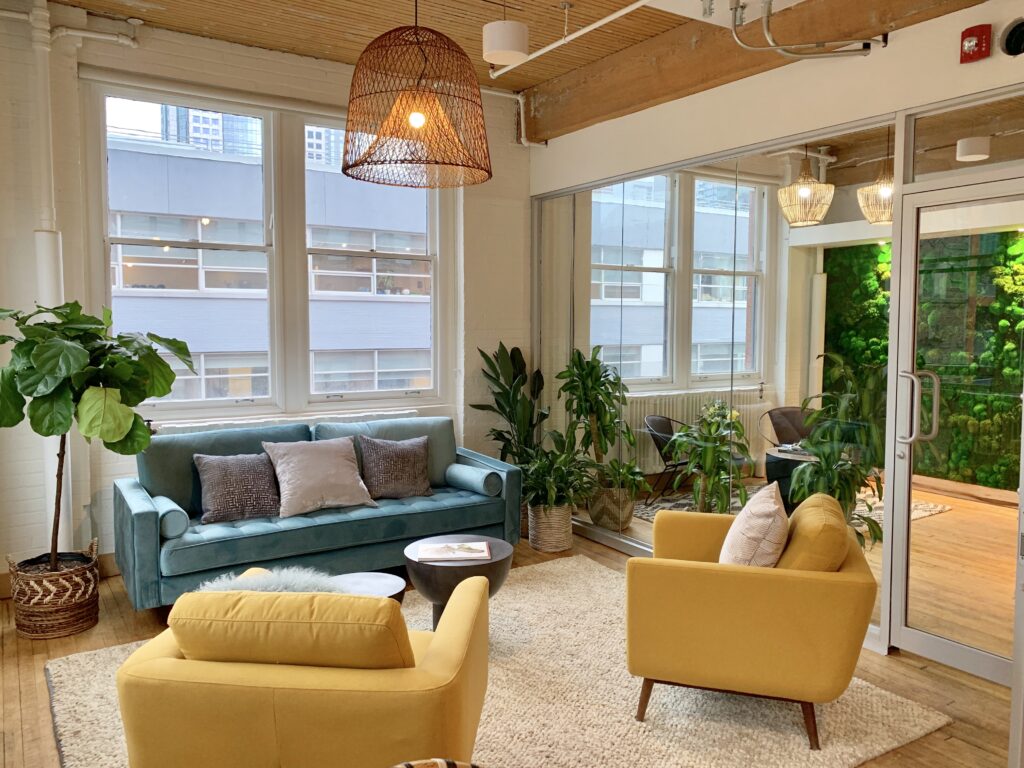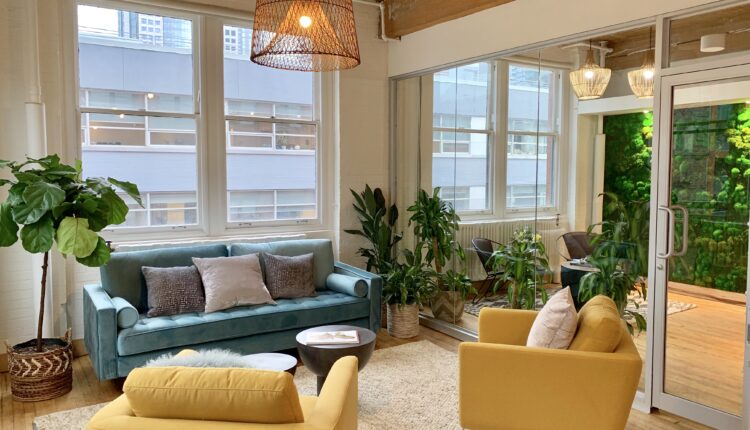
A Blue Monday Feature on Field Trip Health (Plus Photos of the Toronto Location)
Increasingly, Blue Monday is being used to draw attention to mental health, and in the midst of a worldwide pandemic that is keeping us frustrated and isolated, solutions to our mental health issues are more needed than ever. At Field Trip, CEO Ronan Levy said the company’s Toronto clinic is providing treatment to an increasing number of people with treatment-resistant mental health conditions, and with positive results.
The company operates two specific arms, Field Trip Health, a clinic model with locations in North America and Europe, and Field Trip Discovery, a division focused on research and drug discovery.
“It’s been central to our model from day one that you need to do the drug development to work with the actual delivery of care, because they’re so integrated in psychedelic therapies that one without the others is missing an essential component,” said Levy by phone from Toronto.
Currently, Field Trip Health’s operational clinics in Toronto, Los Angeles, Chicago, and New York offer ketamine-assisted therapy only, however a soon-to-open clinic in Amsterdam will instead offer therapy centred around psilocybin truffles. Another clinic offering ketamine treatment will open in Atlanta next week. The company is “molecule agnostic” and very much interested in working with other psychedelic substances as they become more available.
Levy said the indications of ketamine-assisted therapy depend on the jurisdiction within which the clinics operate. “What we can and can’t treat varies,” he said. For example, in Ontario ketamine treatment can only be prescribed to those with treatment-resistant depression, but in California, treatment guidance is much more lenient.
While off-label use of ketamine for mental health conditions has received some criticism for its high price tag, this has a lot to do with the way it is administered, and the lack of structural support for such a treatment in our current healthcare system, according to Levy. Field Trip’s clinic model is intended to be the antidote to the clinical approach.
“We lean into the psychedelic experience—unlike ketamine infusion centres, which are really using ketamine as an antidepressant—to really leverage the experience as part of the path to mental health and well-being,” he said.
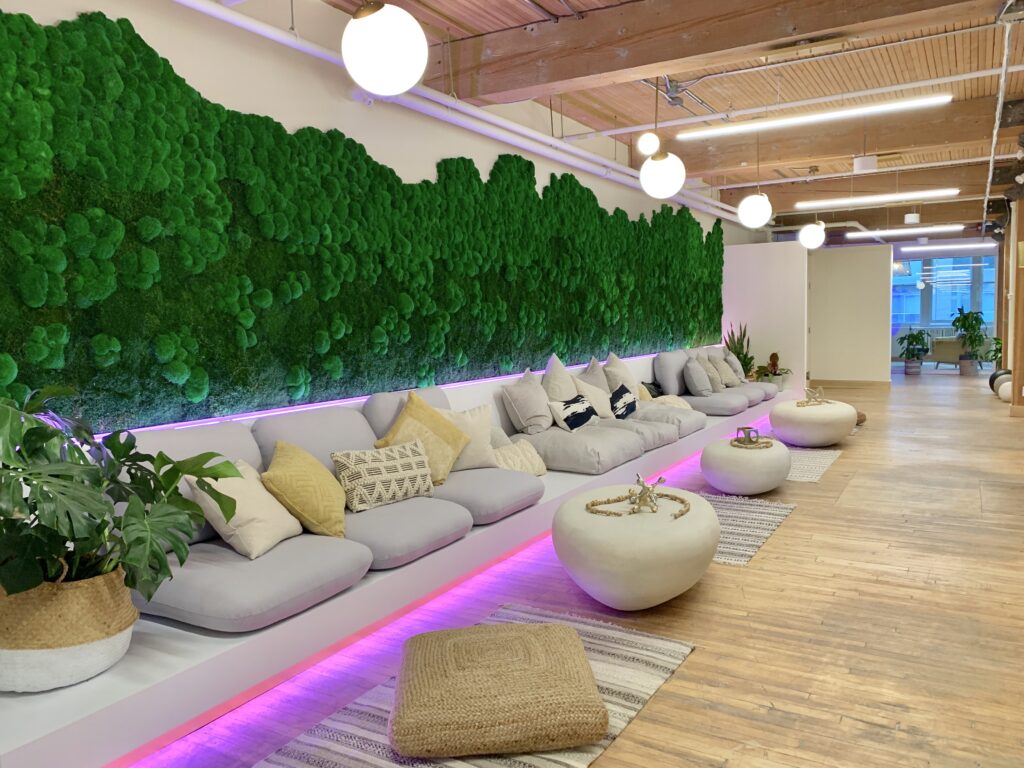
Set and setting in the context of psychedelic therapies “is incredibly important” for therapeutic outcomes, said Levy. “The conventional doctor’s office or family physician’s office is not suitable for psychedelic therapy, and they probably don’t want you there for that long going through a psychedelic experience. Plus they don’t have the space for it, or necessarily the clinical or team support.”
As such, Field Trip locations are big, bright locations highlighting natural materials and textures, filled with plants, comfortable furniture, and a mix of bright and earthy tones. The Toronto location also boasts a zero-gravity chair to take experiences to new heights.
The environment within which an experience occurs is crucial to how it is processed, Levy stressed: “In order for psychedelic therapies to actually create the impact that we think they can, a whole new set of clinical infrastructure designed for psychedelic therapies was necessary. So Field Trip Health locations are designed to be warm, bright, safe, inviting, and comfortable,” he said. “Not places that look like a doctor’s office.”
Levy also detailed the way treatment programs are decided upon. Interested individuals meet with a psychiatrist for an initial consultation to deem whether or not the treatment is appropriate based on any pre-existing conditions.
“In North America we also do a physical consultation with an MD to make sure that physically, it’s appropriate for you, because with ketamine in particular there are some small contraindications,” he said, including potential breathing issues and an elevated heart rate.
A typical course of treatment for depression involves six ketamine “exploratory” sessions in which an intramuscular ketamine dose is administered. This is followed by a light form of therapy, and usually lasts between 45 to 90 minutes.
“After that, there is an opportunity to speak with your therapist about what came up,” Levy said, noting that some people report being able to visit past experiences or trauma. “We want to give them an opportunity to start to express that.”
The first two sessions typically occur within a week, and are followed up by three subsequent integration sessions. Generally the entire treatment program lasts three to four weeks, according to Levy.
As far as accessing the treatment goes, he said the Field Trip team has tried to keep the program’s price tag relatively in line with the cost of other specialized psychotherapy. A course of treatment generally comes out to just under $300 per session.
“It’s not like you’re paying $800 to sit there with an IV in your arm for three hours, and then you go home with no ongoing support,” he said. “We take it much further by trying to get to the root causes of what may be causing your depression and helping you work through that. It’s more curative than adjusting.”
Browse more images of Field Trip Health’s Toronto location below .
